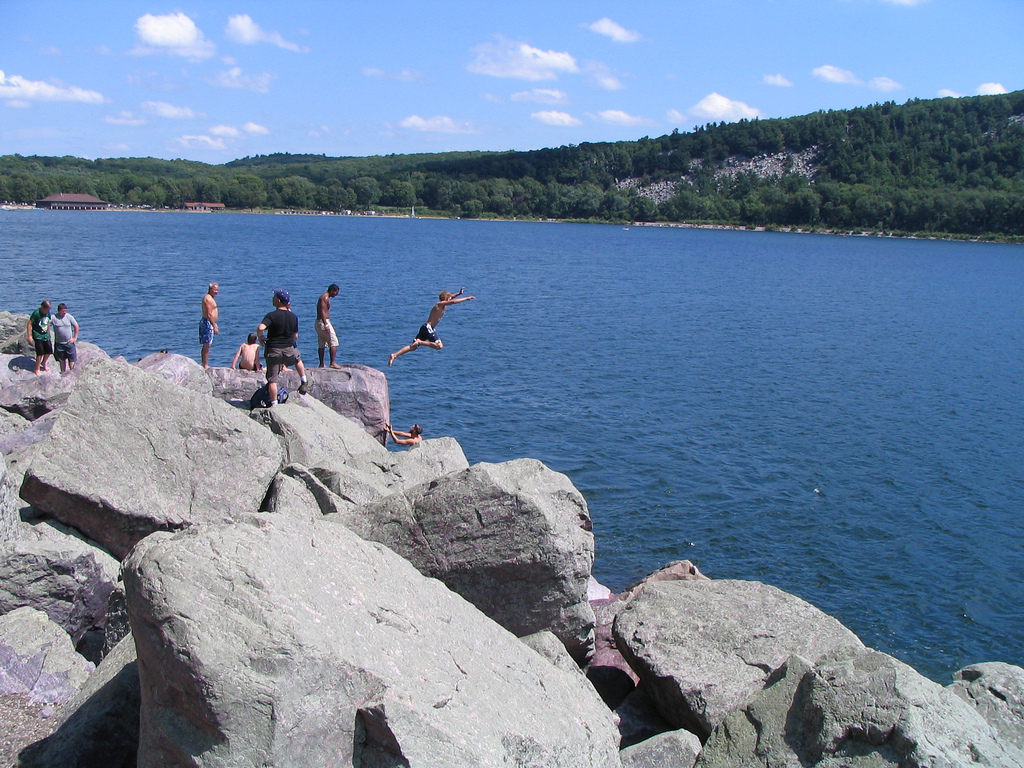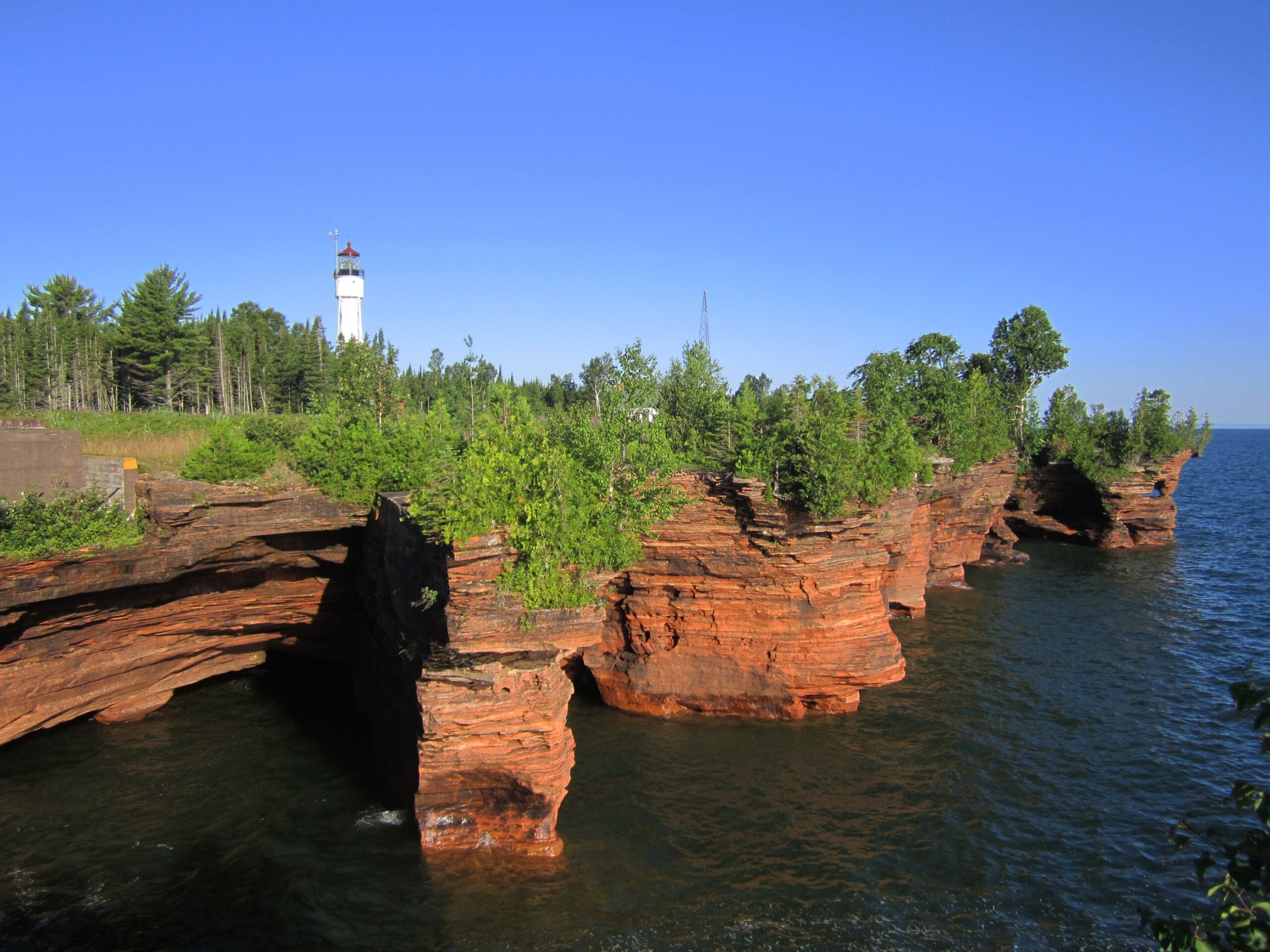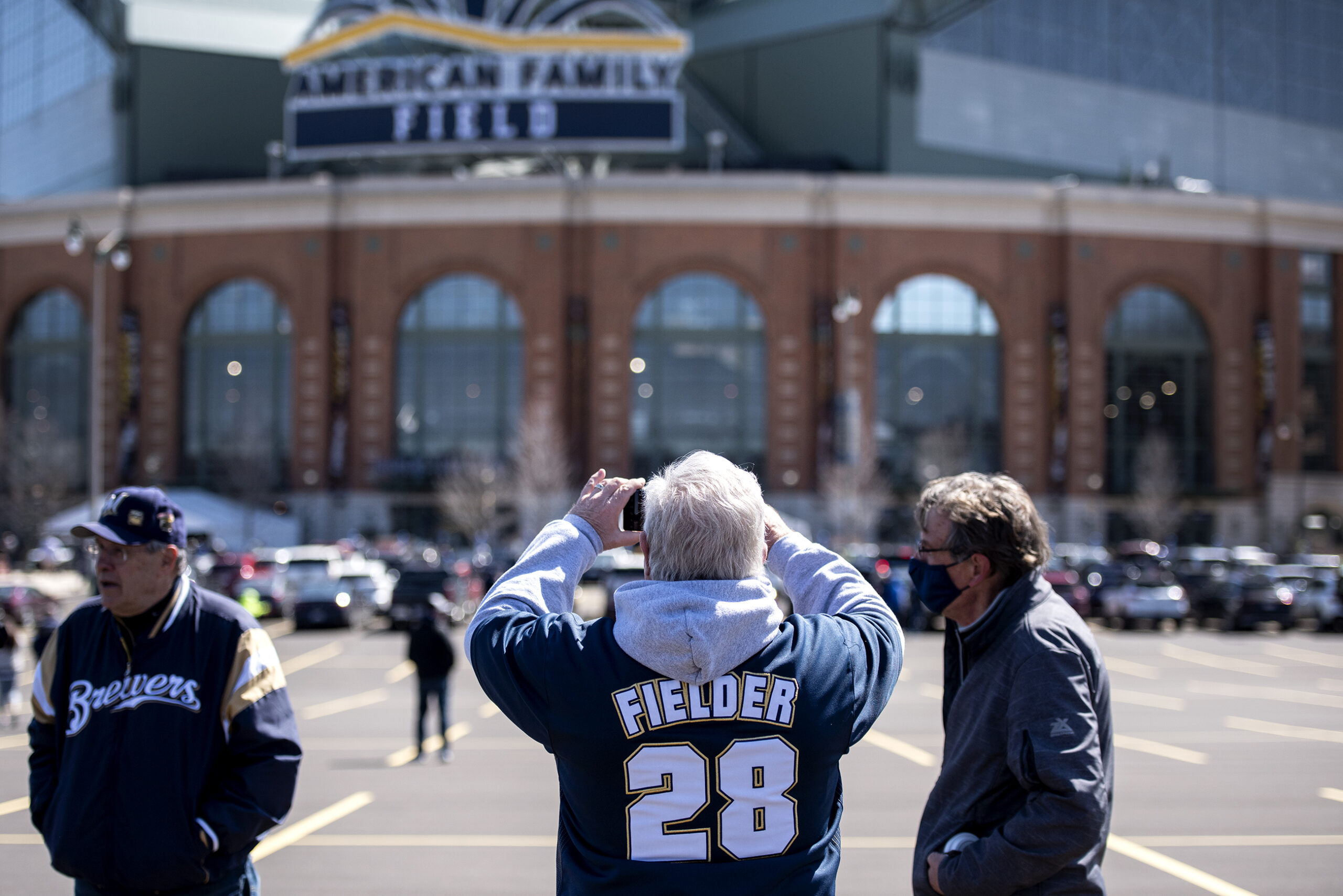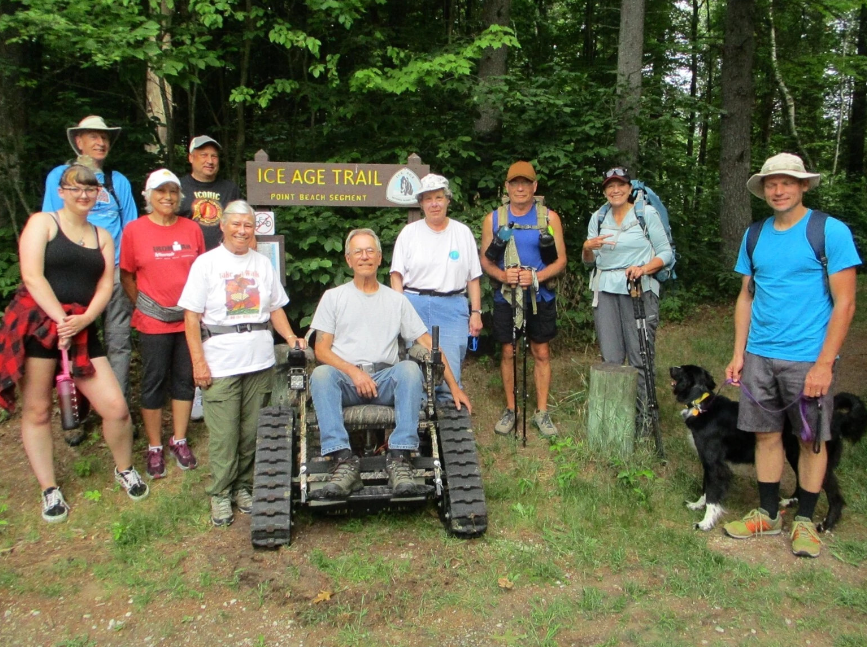Gov. Scott Walker’s biennial budget proposal would let Wisconsin state parks charge more for admission during peak times and could raise prices for some annual passes.
Officials say even with potential hikes, the state parks would still be a great value for residents, but some parks advocates contend the governor and lawmakers are relying too much on fees and donations to keep the parks system running.
The current state budget removed general tax revenue as a source of money for the parks but it gave the state Department of Natural Resources more flexibility in raising funds from park admission and camping fees, and the DNR has boosted those prices.
Stay informed on the latest news
Sign up for WPR’s email newsletter.
Walker’s proposal for the next two fiscal years would go even further by allowing flexible pricing at parks. DNR parks director Ben Bergey said that, for example, fees at some parks might go up on a busy weekend. But Bergey said those increases would be limited to $5, and a daily pass could go from $8 to $13.
“There are several other venues out there that you can compare to that still make that a really good deal,” Bergey said. “Wisconsin state parks and trails would still be a good option for economic value compared to a lot of other options that are out there today.”
Bergey said flexible pricing might also be used to discourage some people from going to a park that’s already crowded on a particular day.
An annual state parks sticker for Wisconsin residents for all park properties might increase by up to $10 to $38, while a more limited-access sticker might remain at $28, Bergey said.
Speaking to members of the Legislature’s Joint Finance Committee earlier this month at a public hearing, Whitefish Bay resident Virginia Goode pointedly asked lawmakers to restore some general tax revenue to the state parks because they are a shared resource.
Goode, who described herself as a retired parks and recreation worker, told lawmakers she’s worried parks can’t make it on fee revenue alone.
“Parks and recreation are sometimes viewed as discretionary. But professionals know there are costs that are to be made public and shared with all taxpayers,” Goode said.
It’s unclear if the Legislature will shift some dollars to the parks. Meanwhile, the DNR continues to rely on donations to enhance the parks experience.
For example, last week, the Friends of Devils Lake State Park gave $28,000 to fund limited-term employees in the visitor services, maintenance and interpretation areas at the park near Baraboo. A portion of the donation also will be used to fund ongoing maintenance and repair of park facilities and grounds.
Jackie Murphy, president of the friends group, said they have made similar donations during the group’s 20-year history.
“It’s needed,” Murphy said. “The state parks funds are very limited. We like to be able to do as much as we can to not only maintain, but also have fun activities.”
That includes things like monthly concerts for campers that the friends group pays for during the summer.
Also last week, the DNR announced the park’s concessionaire, Devil’s Lake Concession Corp., will donate $68,800 to fund temporary positions, maintenance and long-term lake monitoring of Devil’s Lake. The company has donated money before, according to the DNR.
Wisconsin Public Radio, © Copyright 2024, Board of Regents of the University of Wisconsin System and Wisconsin Educational Communications Board.






